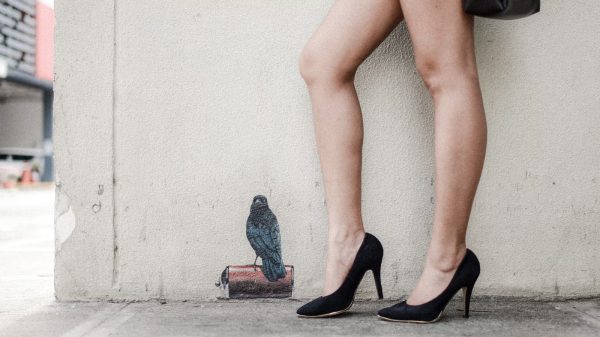In a highly mobile society, people who relocate for work, school or simply to “wipe the slate clean” tend to jettison replaceable objects when they move. But according to a new study from the University of Kansas that will appear in the journal Personal Relationships, the mindset that objects are disposable extends to social ties.
“We found a correlation between the way you look at objects and perceive your relationships,” said lead author Omri Gillath, associate professor of psychology. “If you move around a lot, you develop attitudes of disposability toward objects, furniture, books, devices — basically whatever merchandise you have at home, your car even.”
In four separate studies, Gillath and co-author Lucas Keefer of the University of Dayton tied the view that objects are disposable to an attitude that social relationships also could be replaced. Subjects online and on campuses completed questionnaires measuring willingness to dispose of objects or relationship partners. Other subjects were primed to imagine scenarios that involved the probability of relocating.
Among the studies’ main findings:
- The perception of objects as disposable is associated with perceiving friends the same way.
- A personal history of greater mobility is tied to a higher readiness to dispose of objects and also close social ties like friendships and romantic relationships.
- Increasing the sense of residential mobility also boosts a person’s willingness to dispose of both objects and personal relationships.
The new research extends work conducted in the 1930s by psychologist Kurt Lewin, who compared social ties in Germany and the US.
“This isn’t a new idea of the United States as a mobile country — for many people here, moving up means moving around,” Gillath said. “If you’re willing to move for school or a job, you have a higher chance of being successful. But we’re saying it also makes things superficial and disposable. It might be fine to have disposable diapers but not disposable friendships.”
Gillath’s scholarship centers on close relationships and their psychological underpinnings. He is the lead author of a new book, “Adult Attachment: A Concise Introduction to Theory and Research,” coming out this spring.
He said his current study points to a mobile society characterized by disposability, which tends to promote superficiality over profounder human relationships.
“If you know you’re moving and develop the idea that everything can be replaced, you won’t develop same strong and deep ties,” Gillath said. “We’re suggesting this is a broad phenomenon where we all tend to look at relationships to co-workers, friends and social network members as replaceable. Even in romantic relationships, when I ask my students what would they do when things get difficult, most of them say they would move on rather than try to work things out, or God forbid, turn to a counselor.”
He said such attitudes take a toll on the overall quality of people’s lives and our society.
“Research suggests only deeper high-quality ties provide us with the kind of support we need like love, understanding and respect,” Gillath said. “You need these very close ties to feel safe and secure and function properly. If social ties are seen as disposable, you’re less likely to get what you need from your network, which can negatively affect your mental and physical health as well as your longevity.”
The University of Kansas is a research and teaching university. The KU News Service is the central public relations office for the Lawrence campus.
































































